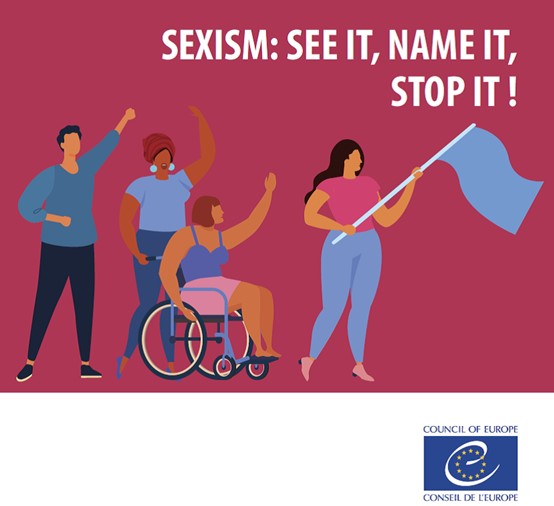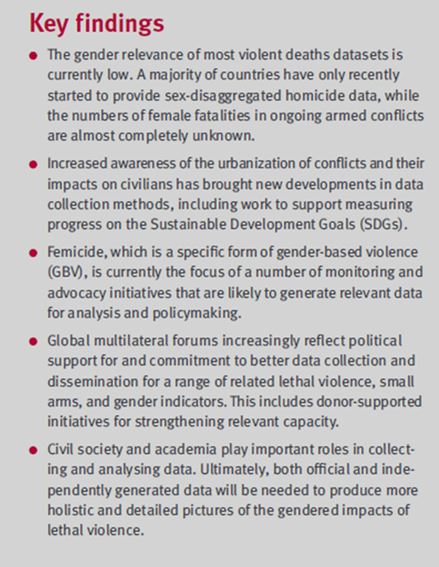EU Gender Equality Index 2017: We Cannot Be Silent About Violence
Извор: WUNRN – 10.02.2018

November 2017 – Violence against women is a much bigger problem than the statistics show. Almost one in two women (47%) who have experienced violence have never told anyone, whether that be the police, health services, a friend, neighbour or colleague. Disclosed violence is only a fraction of the reality.
“Violence against women is both a cause and a consequence of gender inequality. In societies that tolerate violence, fail to punish perpetrators and blame victims, women are less likely to speak about it.
To end this culture of silence and victim blaming, we need a stronger response from governments, police and justice. Women must know that their claims will be taken seriously and justice will be served so they can get their lives back on track”, said Virginija Langbakk, Director of the European Institute for Gender Equality (EIGE).
In light of recent allegations in the media, the European Parliament has put forward a resolution on combating sexual harassment and abuse in the parliament and the wider EU. It calls for a zero-tolerance approach towards sexual harassment, encourages victims to speak out and calls on politicians to act as responsible role models in preventing and combating sexual harassment.
“Sexual harassment is not harmless and comes at a great cost to individuals, their families and the rest of society. To end violence, we urgently need to tackle impunity and social stigma, which lead to underreporting. Men and boys also need to be engaged in violence prevention because gender equality is everyone’s responsibility”, said Vilija Blinkevicute, Chair of the EU Parliament’s Committee on Women’s Rights and Gender Equality.
To provide a more nuanced picture of violence against women, EIGE has developed a way to measure the phenomenon, as part of its Gender Equality Index. The new measurement framework sheds light on the spectrum of violence against women that ranges from harassment to death (femicide). It also helps to measure forms of violence, such as human trafficking, intimate partner violence, sexual assault and rape. This tool can help Member States who have ratified the Istanbul Convention, with their monitoring and reporting obligations.
For the first time, we have a comparable score for violence against women in the EU and each Member State. The EU’s score is 27.5 out of 100 (the higher the score, the worse the situation), showing that the phenomenon is prevalent, severe and underreported. The national scores range from 22.1 in Poland to 44.2 in Bulgaria. The high score in Bulgaria is mainly because of the rate of non-disclosure of violence, which is more than three times the EU average (48.6 and 14.3 respectively).
Many people still regard violence in the home as a personal matter, with 15% of Europeans considering domestic violence to be a private matter, according to the results of the 2016 Eurobarometer survey. However, in recent times things have started to change. More women are coming forward to speak out about violence. The recent allegations of sexual harassment in Hollywood have prompted a worldwide social media campaign #MeToo that aims to break the silence on sexual harassment and violence against women.
The measurement structure for the domain of violence measures three aspects: prevalence, severity and disclosure of violence against women. On a scale of 1 to 100, 1 represents a situation where violence is non-existent and 100 represents a situation where violence against women is extremely common, highly severe and not disclosed.
For more information, please contact Donata Matuleviciene, donata.matuleviciene@eige.europa.eu or phone +370 5 2157 449
Scroll down to click to access full Report.
FACT SHEET: http://eige.europa.eu/rdc/eige-publications/gender-equality-index-2017-violence-against-women


